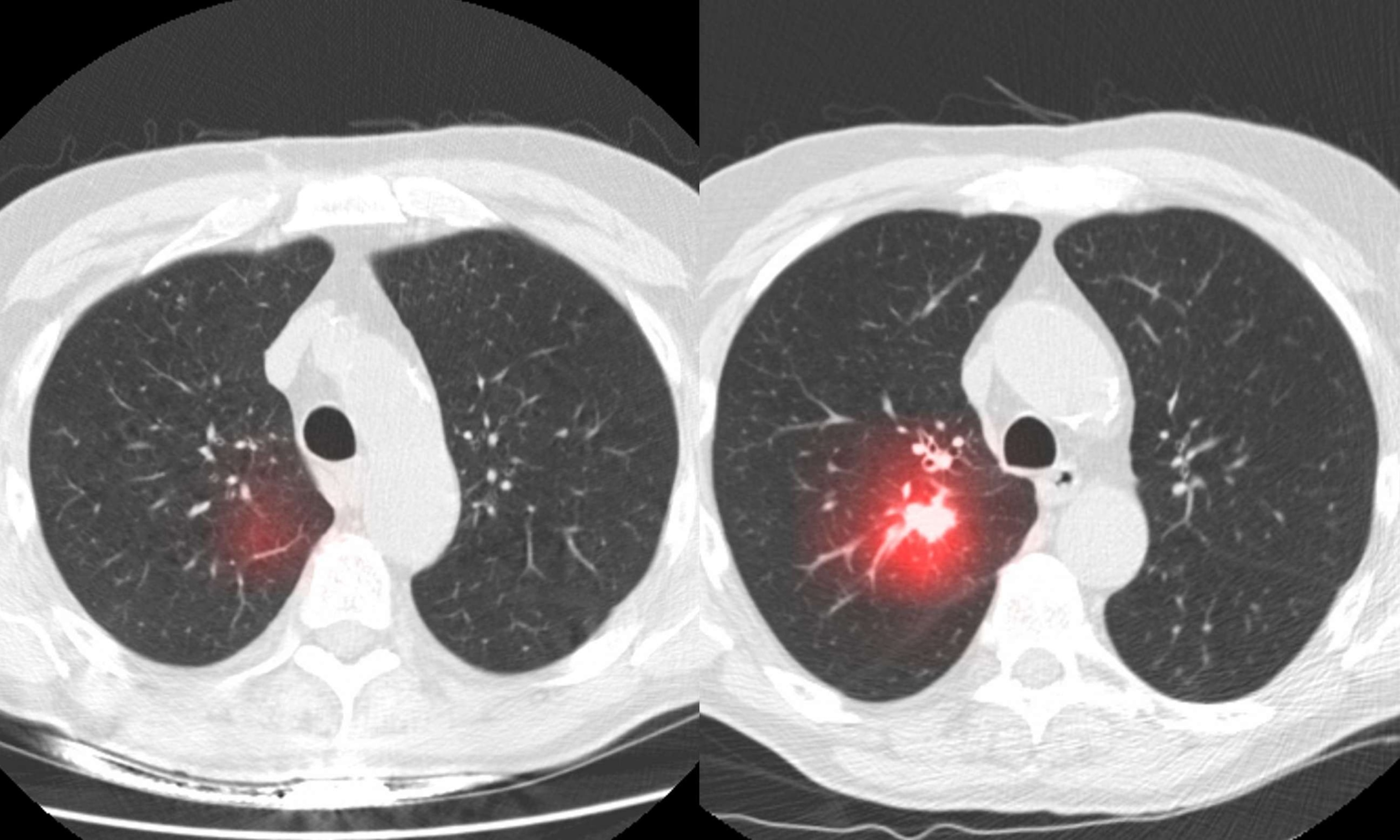
AI Revolutionizes Cancer Detection: Early Detection BreakthroughsAI Revolutionizes Cancer Detection: Early Detection Breakthroughs Advancements in artificial intelligence (AI) are transforming the field of cancer detection, offering unprecedented capabilities for early and accurate diagnosis. Here are some remarkable breakthroughs: Image Analysis Enhancements: * AI algorithms are trained on vast datasets of medical images, enabling them to identify subtle patterns and abnormalities that may be missed by the human eye. * This enhanced analysis allows for earlier detection of cancerous lesions, such as small tumors in mammograms or polyps in colonoscopies. Machine Learning Models: * Machine learning algorithms can process large amounts of patient data, including medical history, lifestyle factors, and genetic information. * By analyzing these data, AI models can predict the risk of developing certain cancers and identify individuals who may benefit from early screening. Computer-Aided Diagnosis (CAD): * CAD systems utilize AI to assist radiologists in interpreting medical images. * These systems flag areas of concern that may require further investigation, reducing the likelihood of missed or delayed diagnoses. Personalized Treatment Planning: * AI can analyze a patient’s unique tumor characteristics and genomic profile. * This information is then used to generate personalized treatment plans that are tailored to the individual’s specific needs, improving treatment outcomes. Early Detection: A Game-Changer Early detection is crucial for improving cancer survival rates. By leveraging AI, we can detect cancerous cells at an earlier stage when they are more easily treatable. This has a profound impact on the lives of cancer patients, increasing their chances of successful recovery. Cost Savings and Improved Outcomes: AI-powered cancer detection can reduce healthcare costs by enabling more efficient screening and early diagnosis. Early intervention also leads to better treatment outcomes, which in turn saves lives and improves the quality of life for cancer survivors. Conclusion: AI is revolutionizing cancer detection, empowering healthcare professionals with advanced tools for early and accurate diagnosis. The breakthroughs described here are paving the way for a future where cancer detection becomes more accessible, precise, and personalized, ultimately saving countless lives.
Posted inNews